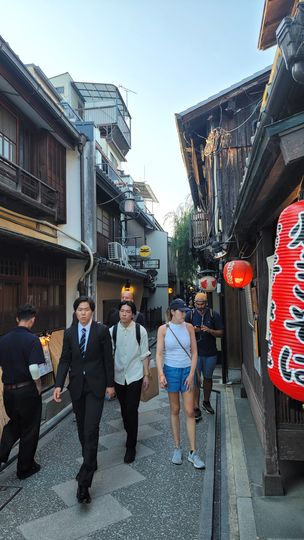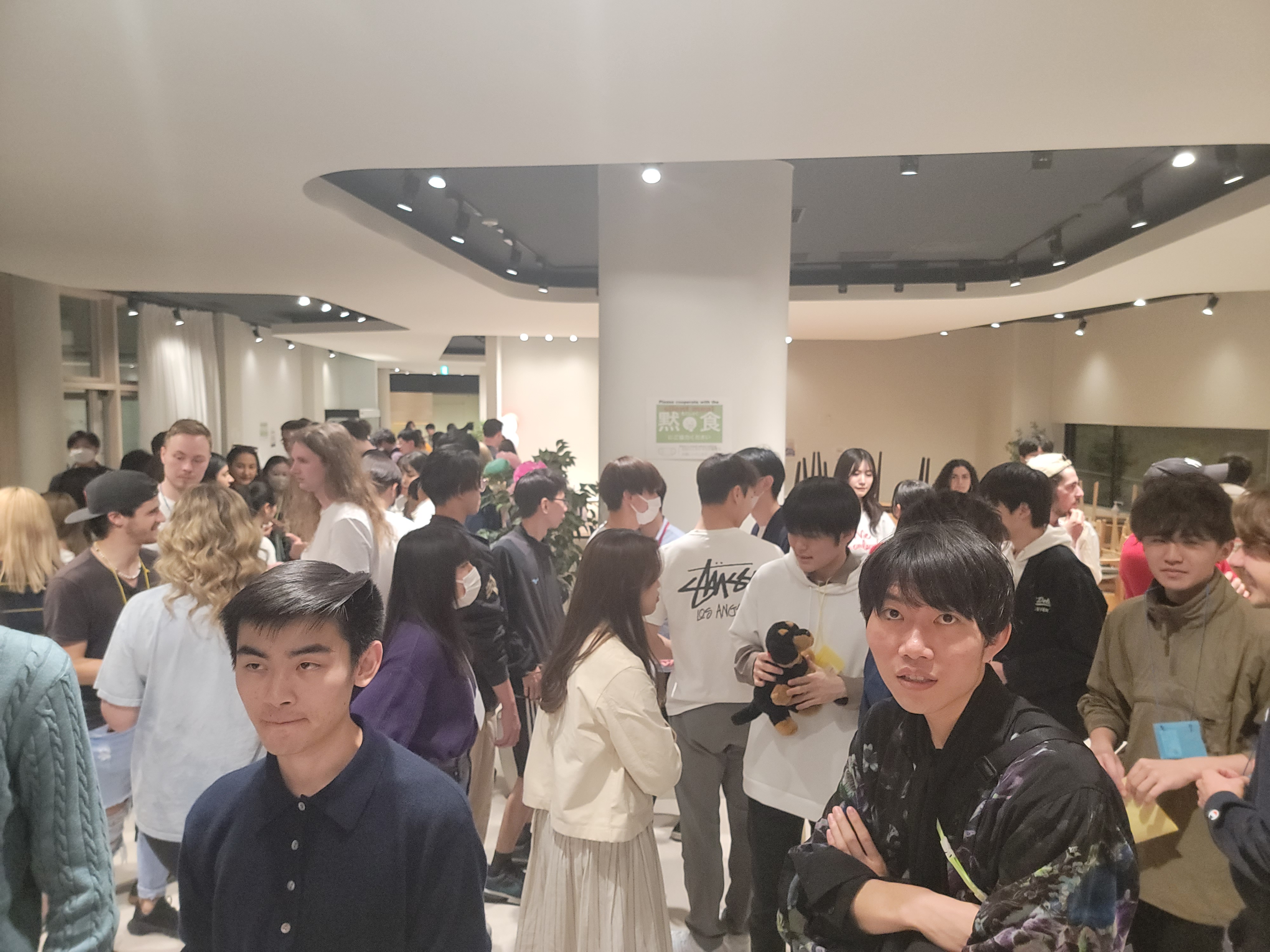
本音と建前(honne and tatemae)
The other day I was talking to one of my Japanese friends. I asked him what is a characteristic of Japanese people. He told me honne and tatemae. Interestingly, honne and tatemae are also one of the things many foreigners I have met find difficult when they interact with Japanese people.
But what is honne(本音) and tatemae(建前)? The first kanji 本(hon) has several meanings. By itself, it just means book. But it could also refer to something being true. For instance, the word 本当(hontou) means true. It’s actually used often in conversation in response to what someone says. The equivalent in English is “really”? So for 本音(honne), the first kanji means true. The second kanji, 音, means sound. So, combined together, it means “true sound”. This refers to people’s true sound. It basically refers to one’s true thoughts and feelings.
The second word, 建前(tatemae), is a little interesting. 建 is used in words like 建物(building). From my understanding, it means standing or building something up. 前 means in front. So, if you combine these two kanji, you get something along the lines of “something being built in front”. I think this is a pretty good way to describe this actually. It is related to 本音. It basically means that it is the facade or building constructed in front of one’s true thoughts. In other words, it is a mask that Japanese people wear. They are expected to hide their true feelings and act a certain way in public.
These two words are strong in Japanese society. It governs how Japanese people conduct themselves in daily interactions. For many of the foreigners, including myself, it’s a jarring difference. Many of the foreigners I have met are conditioned to tell you what their honest thoughts are often. One of my European friends talked to me about how he struggles to catch it sometimes. You see, there is a phrase that Japanese people have for this: 空気を読む(kuukiwoyomu), which means “read the air”. Japanese people do not say things directly like other people. Instead, they go along with what you say but may give little hints to subtly nudge you towards something.
For instance, my European friend told me he tried to make plans with a Japanese person. He thought they wanted to hang out but they kept telling him they weren’t available or would make the date they are available far in advance. When he brought this up in a conversation with one of my Japanese friends, my Japanese friend told him that the Japanese person had no intention of going and was expecting him to take the hint. For my friend, and for myself, it was so hard to believe. We are so used to taking people at their word. When someone tells us they are busy, we genuinely believe it. So it is a little bit difficult to pick up on these things.
But Japanese people don’t do this out of an intention to lie and deceive. From my understanding, it is done more so out of consideration for the feelings of others and because they are concerned they may start conflict if they state their true feelings. So, they give hints and clues to their true thoughts rather than saying them outright. Still, for us foreigners, it is very difficult to tell when they are being genuine about what they are saying or when there is a hint we are supposed to pick up on. I think Japanese people may also struggle with us. They might be wondering why we don’t read the air and take the hint and just continue to press on. They might be so used to the other person reading the air that it may be difficult to deal with situations where the person is not picking up on a single clue that may be obvious to Japanese people.

